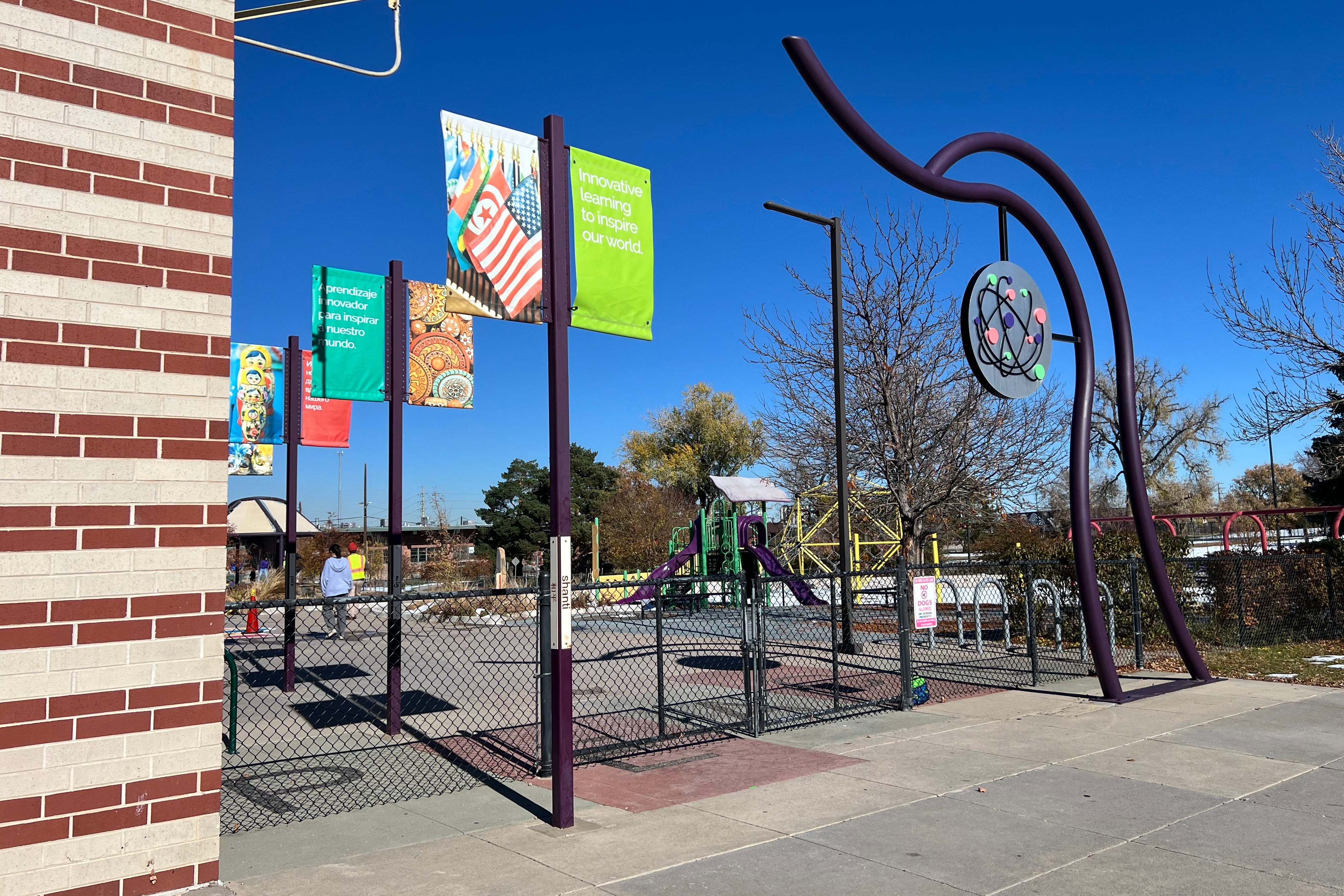Sign up for Chalkbeat Colorado’s free daily newsletter to get the latest reporting from us, plus curated news from other Colorado outlets, delivered to your inbox.
The Denver school board rejected a three-year pause on school closures Thursday, just weeks before 10 Denver schools are set to close or partially close due to declining enrollment.
The proposal would not have reversed the 10 impending school closures, but it would have halted any further closures until 2029.
The board voted down the proposal to amend its policy to add a school closure moratorium in a 3-3 vote. To pass a policy revision, a majority of the board’s seven members must vote in favor. One board member, Michelle Quattlebaum, was absent from Thursday’s meeting.
Board President Carrie Olson and members Scott Esserman and Xóchitl “Sochi” Gaytán voted in favor of the pause. Board Vice President Marlene De La Rosa and members John Youngquist and Kimberlee Sia voted against it.
None of the board members explained their vote.
At a meeting last month, De La Rosa expressed reservations about waiting to close schools with low enrollment. Such schools don’t receive as much per-pupil funding and often struggle to afford robust programming, and she had said the district “can’t afford to lose any time in not providing students everything that they need to be successful and to thrive.”
Supporters of the pause said it was needed to calm the fears of parents, teachers, and students at schools that have been at risk for closure and could be again — and to clarify when another round of school closures could occur.
The 10 Denver schools that are closing or partially closing next month all experienced sharp enrollment declines over the past several years, a troubling trend affecting many schools across the country. Birth rates and gentrification are largely driving the Denver enrollment dips, which have hit some parts of the city harder than others.
The proposal would have prevented any further school closures for the 2025-26, 2026-27, and 2027-28 school years. The board would have been able to vote on another round of closures in 2028. If it voted yes, the schools could have closed at the end of 2028-29.
The proposal included an exception that said if Denver Public Schools experienced “significant” changes in enrollment or funding, or if it encountered unforeseen emergencies as identified by the board or superintendent, the board could have voted to close schools sooner.
The 10 upcoming school closures will affect about 1,100 students. District data shows half of the displaced students will go to higher performing schools next year, and a significant number are moving from district-run schools to charter schools.
The Denver district is now deciding what to do with its soon-to-be shuttered school buildings. The board is also debating a policy that would require the district to analyze and adjust school boundaries on a regular basis in an attempt to address declining enrollment.
Melanie Asmar is the bureau chief for Chalkbeat Colorado. Contact Melanie at masmar@chalkbeat.org.







